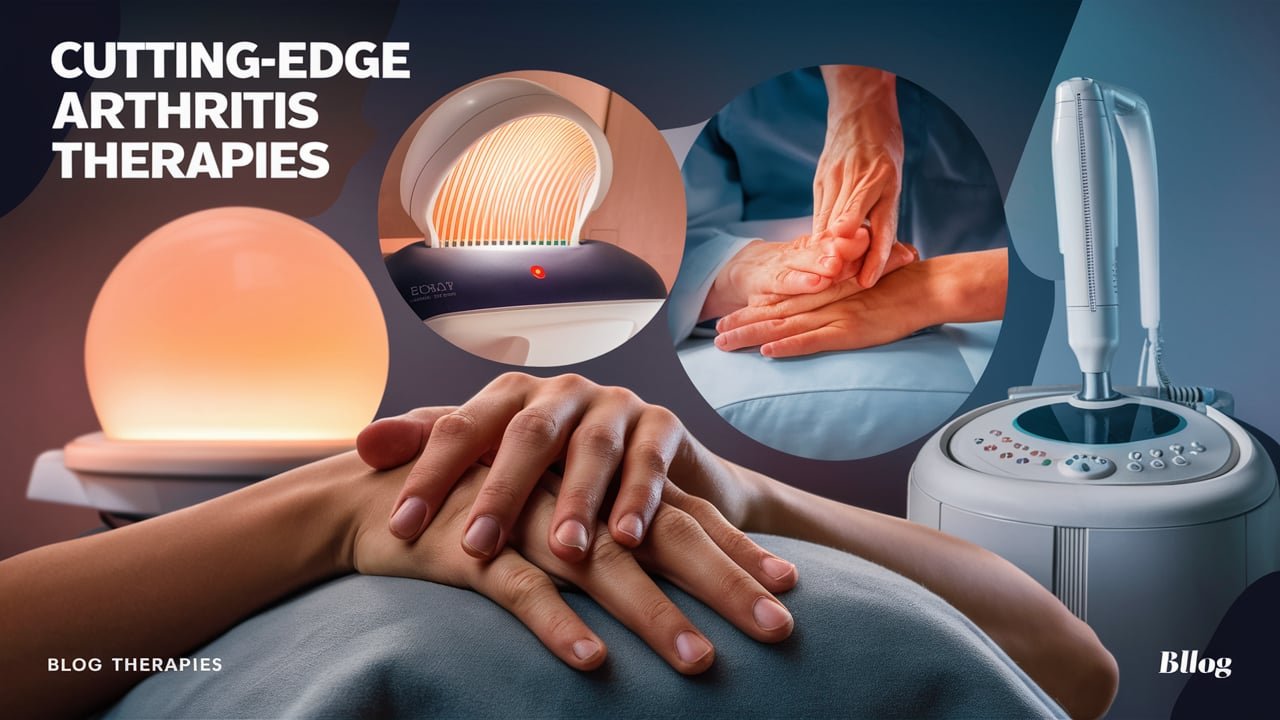Your cart is currently empty!

Integrating Holistic Healing: The Rise of Alternative Medicine in Contemporary Healthcare
In recent years, the landscape of healthcare has undergone a significant transformation. More and more individuals are turning to alternative medicine and complementary therapies to enhance their overall well-being. This shift reflects a growing interest in holistic approaches that address not just physical symptoms, but also mental, emotional, and spiritual aspects of health.
Alternative medicine encompasses a wide range of practices, from ancient healing traditions to modern therapeutic techniques. Acupuncture, herbal medicine, chiropractic care, and mindfulness meditation are just a few examples of the diverse modalities gaining popularity in the United States. These practices offer unique perspectives on healing and often complement conventional medical treatments.
One of the key advantages of alternative medicine is its focus on prevention and whole-person care. Rather than simply treating symptoms, practitioners aim to identify and address the root causes of health issues. This approach can lead to more sustainable long-term outcomes and improved quality of life for patients.
Integrative medicine, which combines the best of conventional and alternative therapies, is becoming increasingly prevalent in healthcare settings across the country. Many hospitals and clinics now offer services such as acupuncture, massage therapy, and nutritional counseling alongside traditional medical treatments. This integration allows patients to benefit from a more comprehensive approach to their health and wellness.
Research into the efficacy of alternative medicine continues to grow, with promising results in areas such as pain management, stress reduction, and chronic disease prevention. For instance, studies have shown that acupuncture can be effective in treating chronic pain conditions, while mindfulness-based stress reduction techniques have demonstrated benefits for mental health and overall well-being.
As interest in alternative medicine expands, individuals need to approach these therapies with an informed and balanced perspective. While many alternative treatments can offer significant benefits, it’s crucial to consult with qualified practitioners and maintain open communication with your primary healthcare provider. This ensures a coordinated and safe approach to your health management.
The rise of alternative medicine reflects a broader cultural shift towards more personalized, patient-centered care. By embracing a diverse range of healing modalities, we open the door to new possibilities in healthcare and empower individuals to take an active role in their own wellness journey.
As we continue to explore the potential of alternative medicine, it’s clear that these complementary therapies have an important role to play in the future of healthcare. By bridging ancient wisdom with modern scientific understanding, we can create a more holistic and effective approach to healing that benefits individuals and communities alike.
FAQs:
1. What is the cost of alternative medicine treatments compared to conventional healthcare?
The cost of alternative medicine treatments can vary widely, depending on the specific therapy and practitioner. Some insurance plans now cover certain alternative treatments, potentially reducing out-of-pocket expenses.
2. Are there any risks associated with using herbal supplements for health conditions?
While many herbal supplements can be beneficial, they may interact with prescription medications or have side effects. It’s important to consult with a healthcare professional before starting any new supplement regimen.
3. How effective is acupuncture for chronic pain management?
Research suggests that acupuncture can be effective for managing various types of chronic pain, including lower back pain, neck pain, and osteoarthritis. Results may vary depending on the individual and the specific condition being treated.
4. What qualifications should I look for in an alternative medicine practitioner?
When selecting an alternative medicine practitioner, look for proper licensing, certifications, and professional affiliations relevant to their specific field. It’s also helpful to inquire about their training and experience.
5. Can mindfulness meditation help with anxiety and depression symptoms?
Studies have shown that mindfulness meditation can be an effective tool for managing symptoms of anxiety and depression. Regular practice may help reduce stress, improve mood, and enhance overall mental well-being.





Leave a Reply